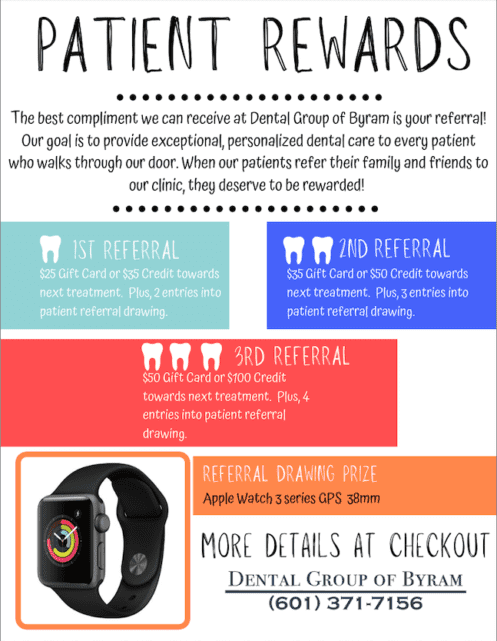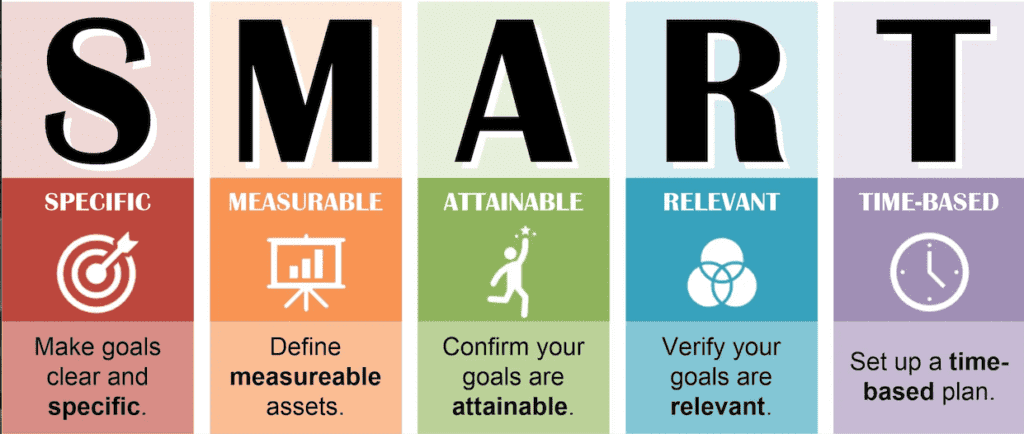Amidst the digital marketing noise, dental practices are rediscovering the power of personal recommendations. This in-depth exploration reveals how well-structured referral programs can transform patient acquisition and drive sustainable growth in the competitive dental industry.
In an era where digital marketing dominates and consumers are bombarded with advertisements, dental practices are rediscovering a timeless truth: nothing beats a personal recommendation. This investigative piece delves deep into the world of dental referral programs, exploring how they’re reshaping the landscape of patient acquisition and practice growth.

Understanding the Dental Referral Program
At its core, a dental referral program is a strategic marketing approach that leverages the satisfaction of existing patients to attract new ones. But what exactly does this entail, and why is it so effective?
Defining the Dental Referral Program
A dental referral program is a structured system where current patients are encouraged and incentivized to recommend the practice to their friends, family, and colleagues. It’s a way of formalizing and amplifying the age-old practice of word-of-mouth marketing.
The Psychology Behind Referrals
Referrals tap into fundamental aspects of human psychology. People naturally trust recommendations from those they know, and in the realm of healthcare, where trust is paramount, this effect is amplified. A referral carries an implicit endorsement of the dentist’s skills, bedside manner, and overall practice quality.

The Multifaceted Impact of Referral Programs
The benefits of a well-implemented referral program extend far beyond simply attracting new patients. Let’s explore the various ways these programs can transform a dental practice.
Enhanced Patient Acquisition
Referral programs serve as a cost-effective means to acquire new patients. Studies have shown that referred customers tend to be more valuable, with one University of Pennsylvania study finding that referred customers are, on average, 16% more valuable than non-referred ones.
Building Trust and Credibility
In the healthcare sector, trust is currency. A recommendation from a friend or family member instantly establishes a level of credibility that traditional advertising struggles to match. This pre-established trust can lead to more relaxed initial consultations and a greater willingness to proceed with recommended treatments.

Improved Patient Retention
Interestingly, referral programs don’t just bring in new patients – they also help retain existing ones. Patients who actively refer others often feel a stronger connection to the practice, increasing their own loyalty and likelihood of continuing care.
Elevating Brand Awareness
As patients spread the word about your practice, it naturally increases your visibility within the community. This elevated brand awareness can create a snowball effect, leading to more referrals and a stronger local presence.
Cost-Effective Marketing
Compared to traditional advertising channels, referral programs offer a remarkably cost-effective method of acquiring new patients. While paid advertisements can be expensive and yield uncertain results, referrals leverage existing relationships at minimal cost to the practice.
Implementing a Successful Referral Program
While the concept is straightforward, executing an effective referral program requires strategic planning and consistent effort. Here’s a comprehensive guide to setting up and maintaining a successful dental referral program.
1. Set Clear, SMART Goals
Before launching a referral program, it’s crucial to establish specific, measurable, achievable, relevant, and time-bound (SMART) objectives. For example, rather than a vague goal of “increasing referrals,” aim for something like “200 new referral patients by the end of the year.”

2. Design the Program Structure
Decide on the mechanics of your referral program. Will you offer incentives? What will the referral process look like? How will you track and reward referrals?
3. Make It Easy for Patients
The easier it is for patients to make referrals, the more likely they are to do so. Consider:
- Integrating user-friendly online referral forms
- Automating reminder emails or text messages
- Providing clear instructions and materials for sharing
- Utilizing dental practice management software with built-in referral modules
4. Train Your Team
A referral program is only as strong as the team implementing it. Ensure all staff members understand the importance of referrals and are comfortable discussing the program with patients. Consider:
- Assigning a referral point person within your team
- Providing clear promotional materials like business cards and brochures
- Integrating referral requests into everyday patient interactions
5. Consider Incentives (Carefully)
While offering rewards for referrals can be effective, it’s important to navigate this area carefully. Some jurisdictions have legal restrictions on healthcare referral incentives. Always consult with legal experts before implementing any incentive program.
6. Leverage Technology
Use dental practice management software to track referrals, automate follow-ups, and measure the success of your program. Many modern systems offer built-in referral tracking and reward systems.
7. Encourage Online Reviews
While not direct referrals, positive online reviews can serve as powerful endorsements. Encourage satisfied patients to leave reviews on platforms like Google, Yelp, and Facebook.

Beyond Patient Referrals: Building a Referral Network
While patient referrals are crucial, don’t overlook the potential of professional referrals and community partnerships.
Cultivate Professional Relationships
Build relationships with other healthcare professionals, both within and outside the dental field. This can lead to a mutually beneficial referral network.
Engage with the Community
Participate in local events, sponsor community activities, and build relationships with local businesses. This not only increases your visibility but can also lead to cross-promotional opportunities and referrals.
The Foundation: Exceptional Patient Care
It’s critical to remember that no referral program can overcome poor patient experiences. The most successful referral programs are built on a foundation of exceptional care, personalized attention, and genuine patient satisfaction.
Prioritize Patient Satisfaction
Focus on creating positive patient experiences from the first appointment onwards. This includes:
- Personalizing patient care
- Maintaining communication between appointments
- Actively seeking and responding to patient feedback

Measuring Success and Iterating
Like any marketing strategy, your referral program should be continuously monitored and refined.
Track Key Metrics
Monitor metrics such as:
- Number of referrals received
- Conversion rate of referrals to new patients
- Lifetime value of referred patients vs. non-referred patients
- ROI of your referral program
Gather Feedback
Regularly seek feedback from both referring patients and those who were referred. Use this information to refine and improve your program.
The Power of Patient Advocacy
In an increasingly digital and impersonal world, the power of personal recommendations remains undiminished. For dental practices looking to thrive in a competitive landscape, a well-structured referral program offers a unique opportunity to harness the goodwill of satisfied patients, turning them into powerful advocates for the practice.
By focusing on providing excellent care, making referrals easy and rewarding, and consistently nurturing patient relationships, dental practices can unlock the full potential of referral marketing. In doing so, they not only attract new patients but also build a loyal community that forms the bedrock of long-term success.
As the dental industry continues to evolve, those practices that master the art of referral marketing will find themselves well-positioned for sustainable growth and success. The referral revolution is here – is your practice ready to lead the charge?
The information and viewpoints presented in the above news piece or article do not necessarily reflect the official stance or policy of Dental Resource Asia or the DRA Journal. While we strive to ensure the accuracy of our content, Dental Resource Asia (DRA) or DRA Journal cannot guarantee the constant correctness, comprehensiveness, or timeliness of all the information contained within this website or journal.
Please be aware that all product details, product specifications, and data on this website or journal may be modified without prior notice in order to enhance reliability, functionality, design, or for other reasons.
The content contributed by our bloggers or authors represents their personal opinions and is not intended to defame or discredit any religion, ethnic group, club, organisation, company, individual, or any entity or individual.

